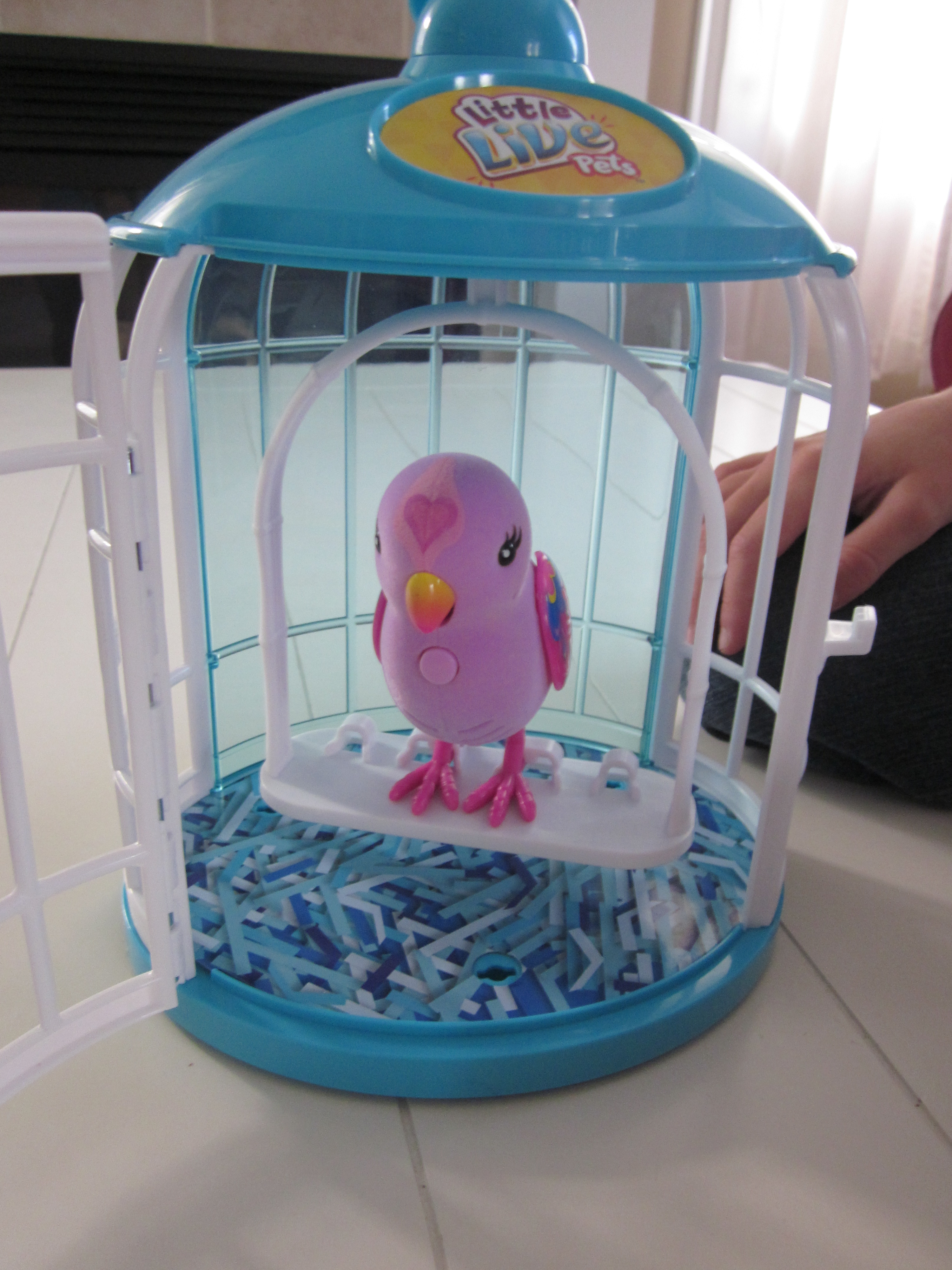Yes, daytime naps affect nighttime sleep, but not in the way you may think. Napping properly during the day actually improves sleep quality for babies.

Instead, the lack of naps disrupts how babies sleep at night. Take note of this, and other baby sleep hacks to boost growth and development during the formative years.
Now that we’ve cleared that up, let’s shed light on other misconceptions about baby sleep habits and patterns.
Baby Sleep Myths and the Truth Behind Them
Time and again, we hear things about raising kids that can be disturbingly inaccurate. These old wives tales have little to no science-backing and shouldn’t govern how we care for our children. Here are some examples of baby myths that revolve around sleeping:
1. Babies Who Get Enough Sleep at Night Won’t Need to Sleep Much During the Day.
A child’s early years are all about sleep, so this is a huge misconception. In truth, how your baby sleeps during the first 12 hours of the day affects how the next 12 hours turn out. More often than not, a baby who slept well during the first half also gets good sleep during the second half. The exception would be when cumulative day naps far exceed the recommended limit for their age.
For babies faring well with their nighttime sleep but napping inconsistently, establishing a better napping routine shouldn’t affect their nighttime rest moving forward. However, letting poor napping habits continue is bound to impact their nighttime sleep eventually.
2. Never Wake Up Napping Babies
Your baby napping a lot during the day is not often an excuse to wake them up when you think they had too much sleep. What does give you an excuse is when “a lot” exceeds the recommended cumulative naps for your child. In this case, your little one’s nighttime sleeping routine might get disrupted.
Some babies will happily sleep the entire day if you let them. The result would be them staying awake all night and you going to work tired the next day.
Sometimes, waking your baby from their daytime naps helps regulate their overall sleeping patterns. That benefits them and you by allowing your mind and body a whole night’s rest.
3. Babies Under Six Months Can’t Sleep Through the Night.
Contrary to what many moms may believe, it’s actually the sleeping environment, daily food intake, and a baby’s weight that determines whether or not they can sleep through the night. When these factors fall into place, a baby of even six weeks can get a full night’s sleep. Make sure the nursery is up to snuff, and the temperature is just right before you lay your child to sleep, and you should be good.
4. Parents Should Teach Newborns to Self-Settle
You can’t expect a child under three months to know how to self-settle consciously. Self-settling isn’t an essential skill for babies until they’re above three months, when sleep cycles aren’t as continuous.
Regardless of how a baby under three months starts their nap or sleeps at bedtime, they should be able to transition between sleep cycles much easier. However, it is a recommended practice to put your child to bed when they’re drowsy, so it’s a bit easier for them to fall asleep on their own. Abide by a good baby sleep program to ensure your child can fall asleep on their own as much as possible.
5. A Baby Waking at Night Means They’re Hungry
A baby waking at night can mean they’re hungry, but not all the time. Other factors can cause night-waking for babies and toddlers, such as having had too little or too much daytime napping, the room temperature being too hot or too cold, discomfort, or inability to self-settle.
If you deem hunger to be the reason for each time your child wakes at night, you may end up feeding them the bulk of their food at night instead of during the day. You want it to be the other way around. When it’s established that hunger isn’t the reason for nighttime waking, make sure to look into other factors that could be contributing to the occurrences.
6. Babies Don’t Like the Dark.
There is no science backing this at all, so you have nothing to fear. In fact, babies are used to the dark from having only recently spent nine months in their mother’s womb.
Like other mammals, human babies can find the dark safe and comforting. Get a tired or overstimulated baby in a dark room and see them calm down and feel right at home.
Healthy Sleep Habits Contribute to Better Child Growth and Development
Establishing healthy sleep habits means filtering out the myths from science-backed practices. Knowing how to separate fact from fiction allows you to respond accurately to your child’s cues and assist in the formation of optimal sleep cycles.




Jane
February 27, 2022 at 5:50 pmThat is very interesting list! I wasn’t sure the right answer sometimes. Although I am a huge fan of routines. That’s why I loved Susan Urban’s sleep training called Hold With Love – how cute is that?! Susan is all about the routine, also when it comes to the naps so I was sure you can wake the baby in order to maintain the schedule, right?